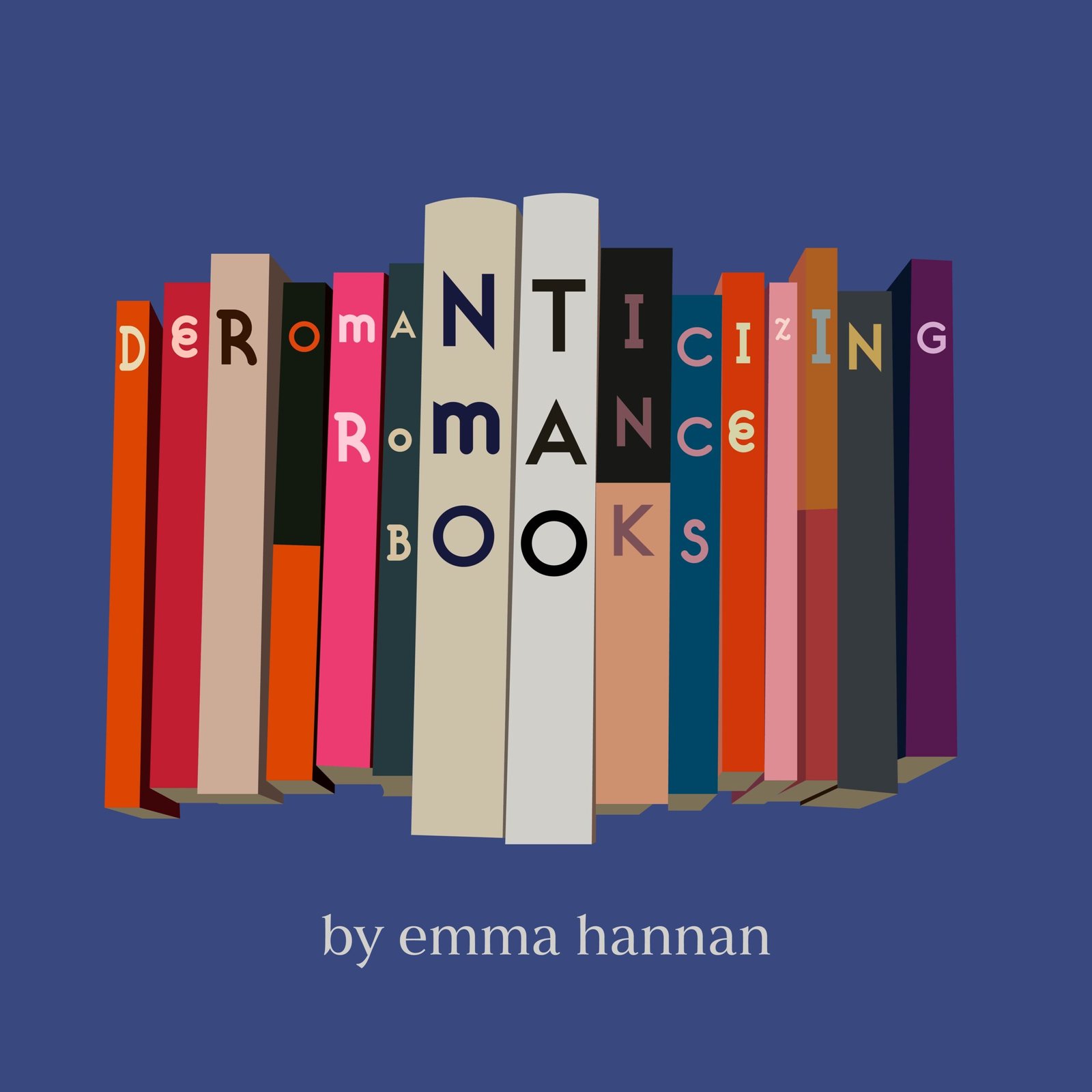*Trigger Warning: Mentions of domestic abuse*
While mindlessly doom-scrolling during the 2020 pandemic, I stumbled across a new genre of content: Booktok. For those who are unfamiliar with the term, these are videos that feature users sharing book recommendations on social media. While you may get the occasional sci-fi or horror novels, these books are often romance novels, commonly by authors like Colleen Hoover or Sarah J. Maas.
Sick of watching Outer Banks and doing Chloe Ting workouts, I decided to get back into my old hobby of reading. After picking up a copy of It Ends with Us by Colleen Hoover at Barnes and Noble, and reading the entire thing in almost a day, I immediately wanted to buy more books by the author.
It Ends with Us stars a young and naive girl, Lily, who starts a relationship with a doctor, Ryle. Meanwhile, an old boyfriend, Atlas, comes back into Lily’s life. The main plot of the book is Ryle’s domestic abuse of Lily throughout their relationship.
Before discussing the implications of a domestic abuse plotline in a romance novel, I think it is important to acknowledge what I think was Hoover’s good intention. Hoover herself grew up in a domestic violence situation and battled with it in her adult life. By having this story indirectly represent her personal experiences, there are many plot lines I think she did a great job with writing and representing.
However, if Colleen Hoover wanted to write a romance book about someone getting out of a domestic abuse situation, then that should be the plotline. It should not be about the possibility of starting a relationship with a new person or attempting to repeatedly redeem a male abuser in the guise of a female empowerment story.
At the end of the story, Lily has a daughter with Ryle. Instead of staying married to Ryle, Lily decides to break the cycle of generational family abuse—hence the title, It Ends with Us. Yet, before this happens, a “big” reveal is that Ryle accidentally killed his brother when he was a child, which made an excuse for his behavior. While Lily does divorce Ryle, she still names their daughter after his brother and decides not to pursue legal action but instead co-parent with Ryle.
I completely acknowledge that every domestic abuse victim does not react in the same way and has the right to make their own decisions afterward. However, considering Hoover’s fanbase is mostly young readers, this book would be better off portraying a moral with relatable role models that girls can look up to. With a movie coming out, I can only hope it will fix the mistakes originally made with the novel.
While It Ends with Us is the only Colleen Hoover book I’ve read in full, I have read many other Booktok romance novels: A Court of Thorns and Roses, Icebreaker, Better than the Movies, etc. These popular books follow more or less the same tropes and plotline of boy likes girl but is instead mean to her, girl starts liking boy, boy admits he likes girl, a few conflicts occur between the two, and then they live happily ever after.
I did enjoy some of these books at first, but I started to get bored of the same characters represented with similar writing styles, book covers, titles, etc. Nevertheless, I kept on reading them at the expense of contributing to cheap and sell-out writing. After all, they portrayed situations where people met each other in real life. Plus, I would much rather read these books than do my economics homework.
As much as I would like to argue we should all read history and world geography books, truth be told, the world can be a depressing place where it’s hard to scroll on Instagram or watch the news without seeing tragedy. So, although I know I shouldn't be reading these books, I still do, as they’re much better than having to think about the climate crisis…the attack on women’s rights…gun violence…immigration issues…America’s political divide…and, oh god, I think it’s time to buy Verity on my Kindle.
As much as I try to escape these issues, they’re still happening whether I’m cocooned in bed, or seeing it first-hand. I, therefore, have to acknowledge that these books I am reading are fictional corporate sellouts most likely written by an AI (as a writer, I have a lot of opinions on writing), and if I truly want to feel better about the world, I need to be educated.
I need to feel enlightened and read memoirs, guides, and history. While romance books offer an easy escape, you can learn so much more from reading historical fiction or books from authors that challenge perspective, such as Maya Angelou or George Orwell. Much like how it is so easy to get caught up in the little idealized world on your phone, the same can apply to books.

No Comments.